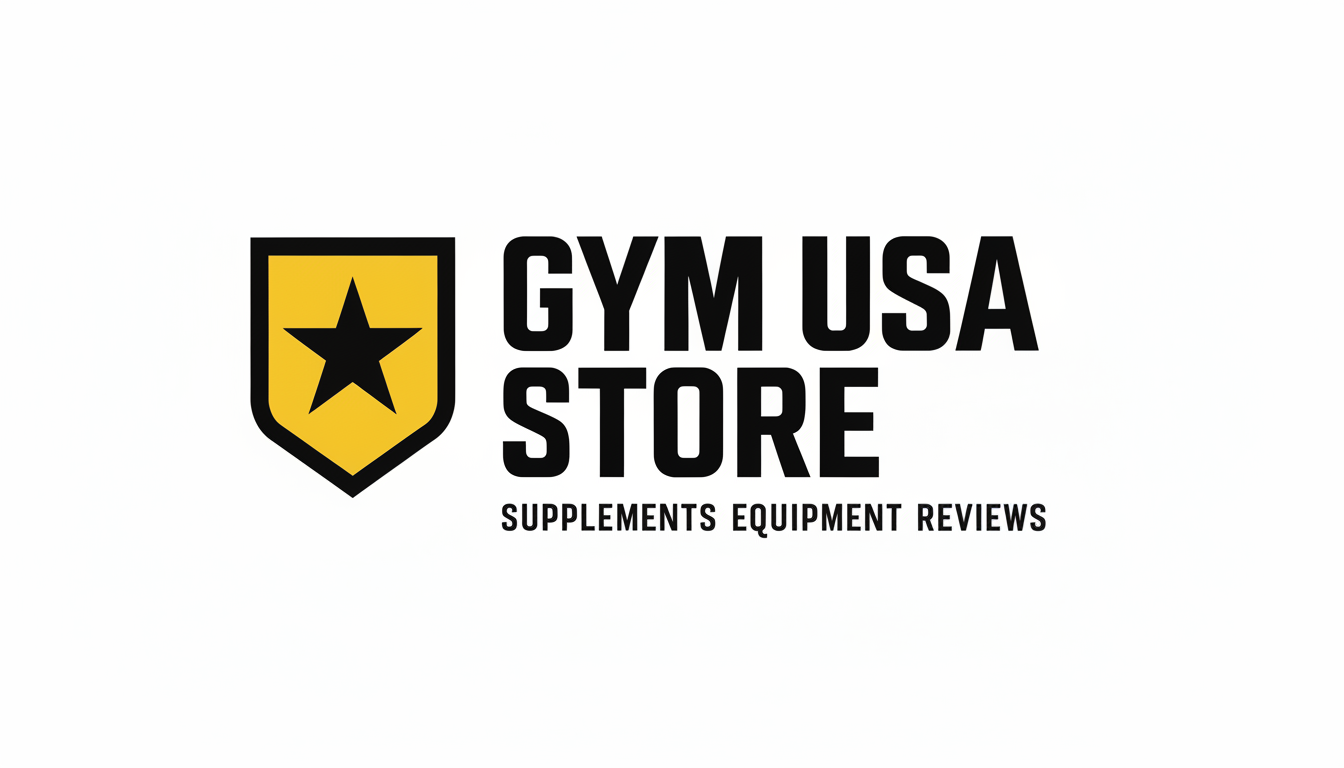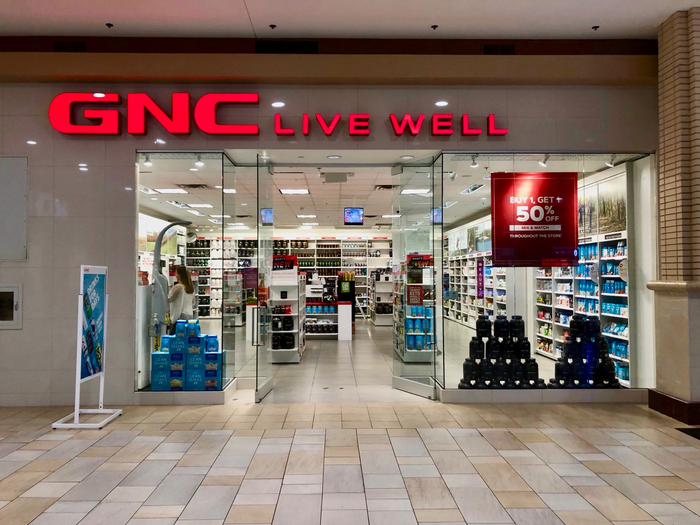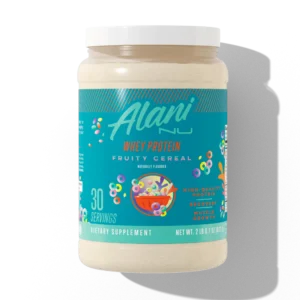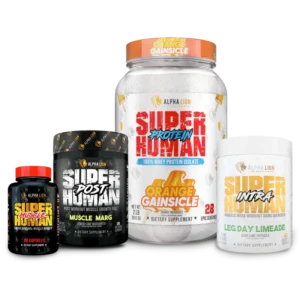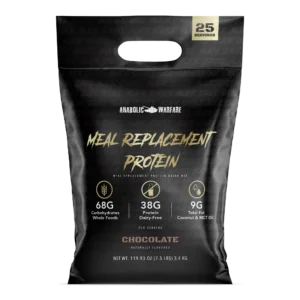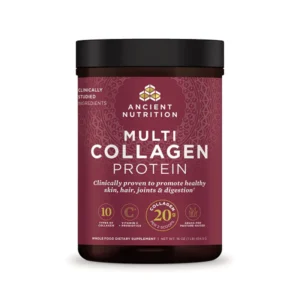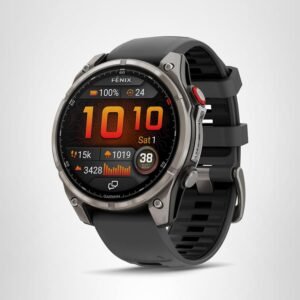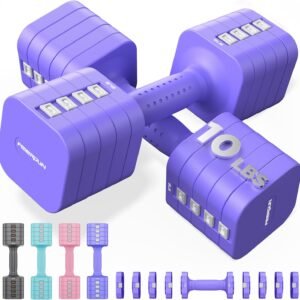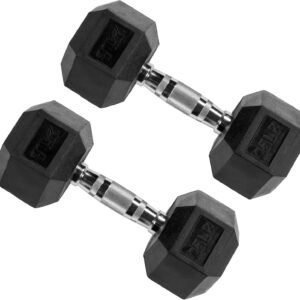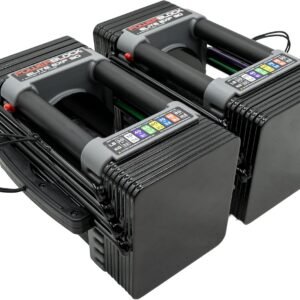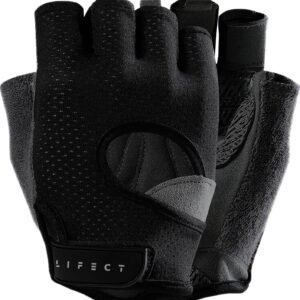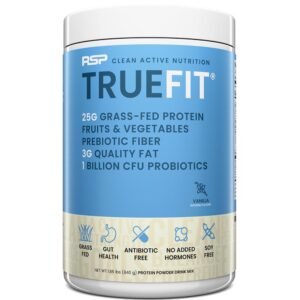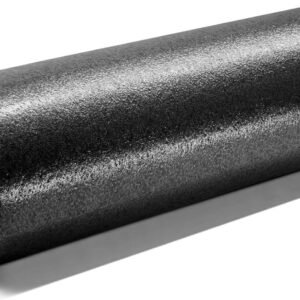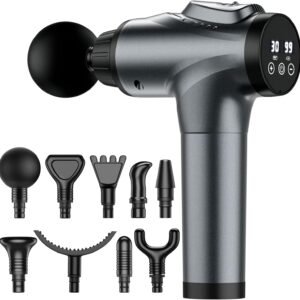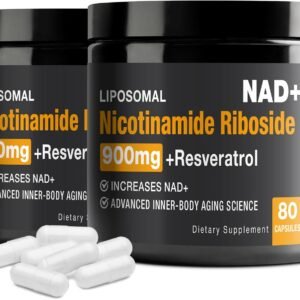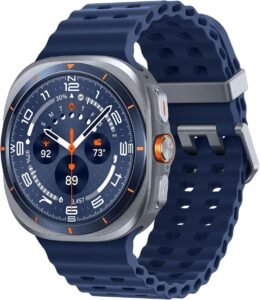The Ultimate Guide: Top 10 Physical Walk-In Supplement Stores in the US
In an era dominated by e-commerce and next-day delivery, the physical retail store might seem like a relic. Yet, for the health and wellness enthusiast, the walk-in supplement store remains an indispensable destination. There is an undeniable value in holding a product, consulting with a knowledgeable staff member face-to-face, and walking out with your purchase in hand, ready to begin your regimen immediately.
The American supplement industry is a behemoth, valued at over $50 billion, and a significant portion of that revenue flows through physical retail locations. These stores are more than just points of sale; they are community hubs, education centers, and trusted advisors for millions on their fitness and wellness journeys.
This definitive guide profiles the top 10 physical walk-in supplement brands and retailers in the United States. We will delve into their corporate history, market presence, financial standing, the premier brands they carry, and the unique value propositions that have cemented their status as industry leaders. Whether you’re a seasoned athlete, a wellness newbie, or a researcher like ourselves, this article provides the critical insight needed to navigate the complex landscape of supplement retail.
1. GNC (General Nutrition Centers)
The Industry Titan and Household Name
If you think of a supplement store, you likely picture GNC. As the largest global specialty retailer in the sector, GNC is synonymous with vitamins and performance nutrition for generations of Americans.
- History & Overview: Founded in 1935 by David Shakarian in Pittsburgh, Pennsylvania, as a small health food store called “Lackzoom,” the company focused on yogurt and health foods. It expanded rapidly, rebranding to General Nutrition Centers in the 1960s. GNC pioneered the mall-based supplement store model and grew to dominate the industry through franchising. It has navigated bankruptcy (Chapter 11 in 2020) and emerged under new ownership, restructuring to stay competitive in the modern market.
- Turnover & Scale: Pre-bankruptcy, GNC reported annual revenues consistently hovering around $2.5 billion. While private since its acquisition by Harbin Pharmaceutical Group Holding Co., Ltd., it remains a colossal force with approximately 4,000+ locations across the United States and a strong international presence.
- Brands They Carry: GNC operates a powerful multi-tiered brand strategy.
- Proprietary Brands: This is their cornerstone. This includes:
- GNC LiveWell: Their standard line of vitamins, minerals, and herbs.
- GNC Sports: A comprehensive line of pre-workouts, protein powders, BCAAs, and creatine targeted at athletes.
- GNC AMP: A line of scientifically advanced products with patented ingredients.
- GNC GENETIC™: A personalized vitamin and supplement program based on DNA testing.
- Third-Party Brands: They carry all the major national brands, including Optimum Nutrition (Gold Standard Whey is a flagship product), MUSCLETECH, Cellucor, JYM Supplement Science, BSN, and many more. They often have exclusive deals with these brands for specific product formulations or launch windows.
- Proprietary Brands: This is their cornerstone. This includes:
- Key Differentiator: The GNC Gold Card™ membership program offers members significant discounts and points on purchases, creating a loyal customer base. Their extensive physical footprint makes them the most accessible store for most Americans.
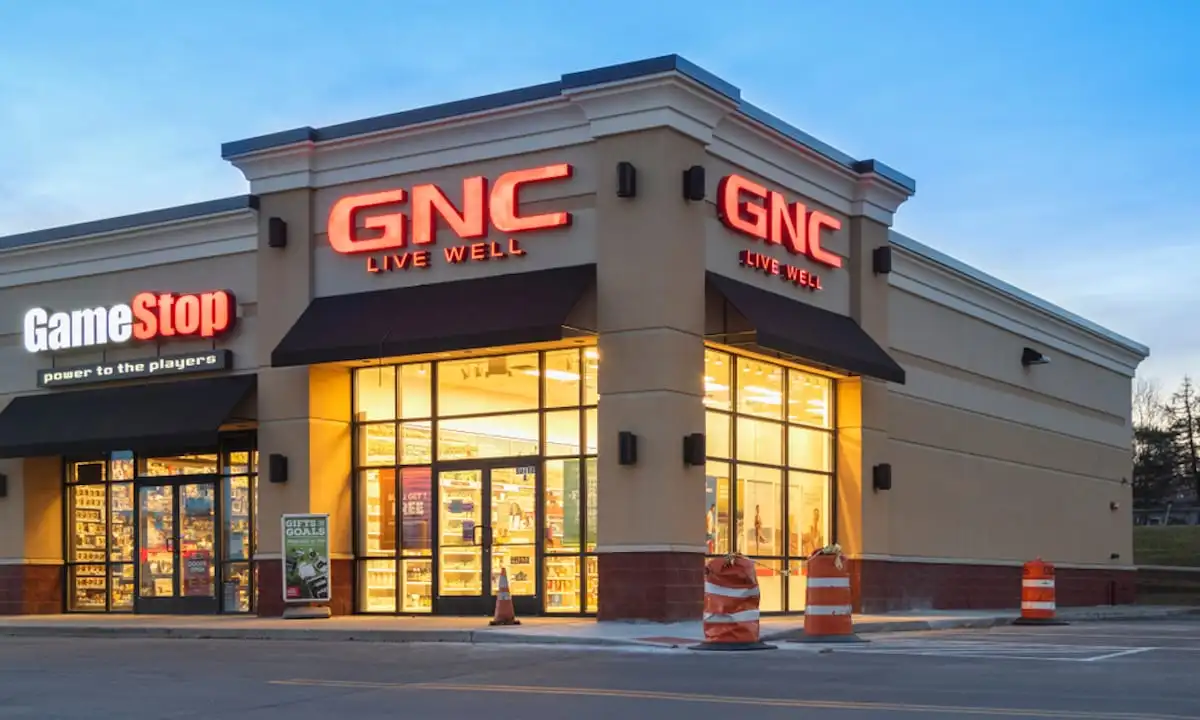
2. The Vitamin Shoppe
The Wellness-Focused Powerhouse
Often seen as GNC’s primary competitor, The Vitamin Shoppe has carved out a distinct identity by focusing more on overall wellness and a wider array of lifestyle brands, while still maintaining a robust sports nutrition section.
- History & Overview: Founded in 1977 by Jeffrey Horowitz in North Bergen, New Jersey, The Vitamin Shoppe differentiated itself with a large-store format, offering a broader selection than typical mall kiosks. It went public in 2009 and was later acquired by private equity firm Liberty Tax in 2019 for approximately $208 million. It is known for its well-organized, warehouse-style stores and highly trained staff.
- Turnover & Scale: As a private company, exact figures are not disclosed, but its last public revenue reports were in the range of $1.2-$1.4 billion annually. It operates over 700 company-owned stores across the U.S.
- Brands They Carry: The Vitamin Shoppe boasts a massive catalog of over 800 brands.
- Proprietary Brands:
- The Vitamin Shoppe®: Their core line of vitamins, minerals, and supplements.
- BodyTech®: Their value-driven sports nutrition line, offering high-quality protein, pre-workouts, and more at competitive prices.
- Platinum Naturals®: A premium line focused on superior forms and absorption.
- True Athlete®: A line of sports supplements that are certified NSF for Sport®, meaning they are free of banned substances, crucial for competitive athletes.
- Third-Party Brands: They carry an enormous selection, including Garden of Life, NOW Foods, Nature’s Way, Jarrow Formulas, Orgain, Ancient Nutrition, Vega, and all the major sports brands like Optimum Nutrition and Dymatize. They are particularly strong in clean, organic, and non-GMO product lines.
- Proprietary Brands:
- Key Differentiator: A strong emphasis on staff education through their “Health Enthusiast” training program. Their focus on overall wellness, including specialty diets (Keto, Paleo, Vegan), sets them apart. The “Healthy Awards” program is a popular customer reward system.
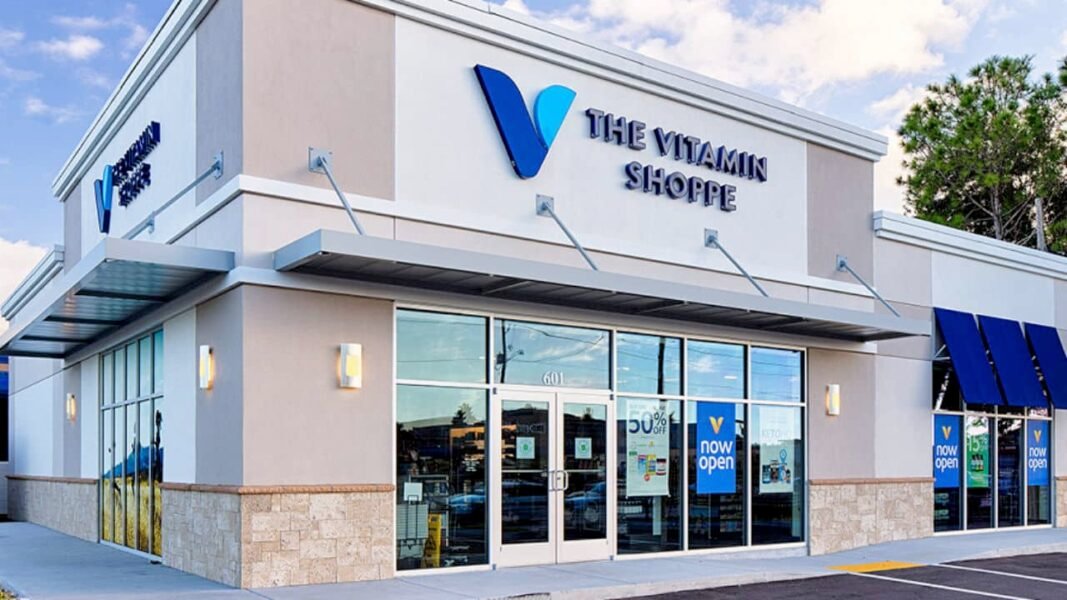
3. Sprouts Farmers Market
The Fresh & Healthy Hybrid Grocer
While not a dedicated supplement retailer, Sprouts has become a major destination for health-conscious shoppers seeking supplements in a grocery environment. Their model blends fresh produce with a extensive vitamin department.
- History & Overview: Sprouts was founded in 2002 in Chandler, Arizona, and has grown rapidly through mergers and organic expansion. It is a healthy-living grocery store offering fresh, natural, and organic products at affordable prices. Their large supplement sections are integrated into the store layout.
- Turnover & Scale: A publicly traded company (NASDAQ: SFM), Sprouts reported net sales of $6.5 billion in 2023. They operate over 400 stores in 23 states, with a significant concentration in the Sun Belt.
- Brands They Carry: Sprouts focuses heavily on natural, clean, and lifestyle-oriented brands.
- Proprietary Brands: Their store brand is prominent throughout the store, including in the supplement aisle, offering a wide range of vitamins and supplements at a value price point.
- Third-Party Brands: They excel in carrying brands like Megafood, New Chapter, Garden of Life, Vital Proteins, Sports Research, Zhou Nutrition, and a vast selection of powders (collagen, protein greens), and essential oils. They are less focused on hardcore bodybuilding brands and more on general wellness and natural sports nutrition.
- Key Differentiator: The ability to shop for whole foods and supplements in one trip. Their staff often has cross-functional knowledge of food and supplements. Frequent promotions and sales make their supplement aisles highly competitive with dedicated retailers.
Check also: 20 biggest supplements producers in USA

4. Whole Foods Market (Amazon)
The Gold Standard in Natural & Organic Retail
As the leading natural and organic grocery chain, Whole Foods Market sets a high bar for quality and curation. Their supplement department is meticulously vetted, aligning with their strict company-wide quality standards.
- History & Overview: Founded in 1980 in Austin, Texas, Whole Foods grew from one store to a national phenomenon, defining the natural foods movement. Its acquisition by Amazon in 2017 for $13.7 billion dramatically expanded its reach and logistical capabilities while maintaining its brand identity.
- Turnover & Scale: As part of Amazon, its specific revenue is not broken out, but it contributes significantly to Amazon’s physical store segment, which reported $20 billion in 2022. Whole Foods operates 500+ stores across the U.S., Canada, and the UK.
- Brands They Carry: Whole Foods is famous for its “Whole Foods Market Quality Standards” for body care and supplements. They ban high-risk ingredients, making them a trusted source.
- Proprietary Brands: The Whole Foods Market™ brand includes a full spectrum of vitamins, minerals, and herbal supplements.
- Third-Party Brands: They are highly selective, featuring premium brands like Dr. Mercola, Nordic Naturals, Gaia Herbs, Standard Process, Designs for Health, Pure Encapsulations, and a carefully chosen selection of sports nutrition brands that meet their quality criteria.
- Key Differentiator: Unmatched quality control and a trusted environment for shoppers wary of contaminants or unwanted additives. The synergy with Amazon Prime offers members exclusive deals and discounts in-store.
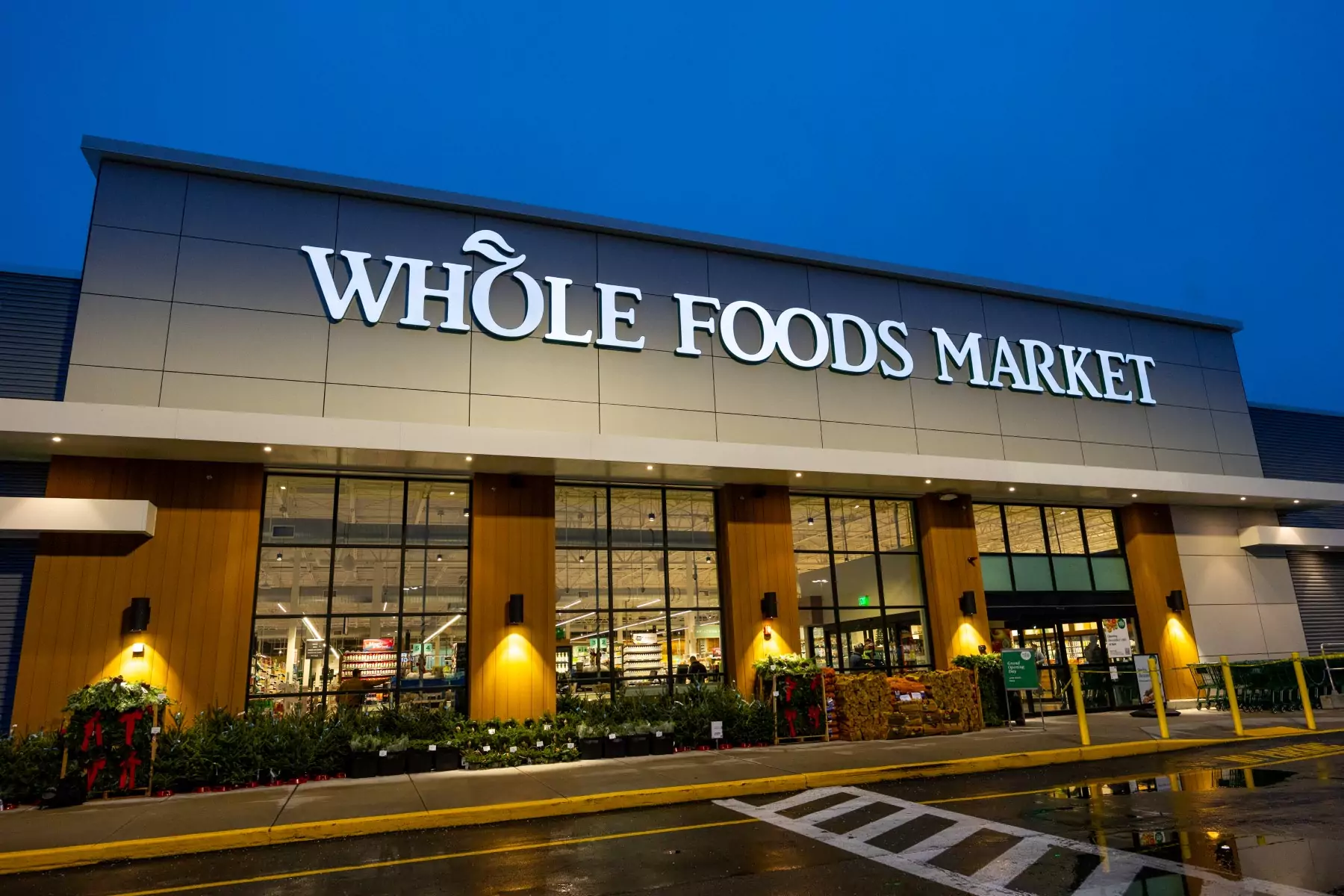
5. Vitamin World
The Resilient Comeback Story
A familiar name that has faced significant challenges, Vitamin World has restructured and is making a concerted effort to reclaim its place in the market with a focus on value and innovation.
- History & Overview: Originally founded in the 1970s, Vitamin World grew to become one of the largest specialty retailers. It filed for Chapter 11 bankruptcy in 2017, closing many stores. The brand and intellectual property were acquired by Parachute Health, which has been revitalizing the brand through a mix of e-commerce and physical retail.
- Turnover & Scale: As a privately held company under new ownership, financials are not public. At its peak, it operated over 300 stores. The current physical footprint is smaller but strategic, with plans for growth.
- Brands They Carry: Vitamin World’s strategy leverages its legacy while adapting.
- Proprietary Brands: This is their core focus. The Vitamin World brand is their flagship, covering everything from basic multivitamins to advanced formulations. They are known for their “3-Way Action” calcium and other signature products.
- Third-Party Brands: They carry a selective range of national brands to complement their own lines, though the selection is not as vast as GNC or Vitamin Shoppe. You will find popular proteins and pre-workouts alongside their offerings.
- Key Differentiator: A strong legacy of product development and a focus on providing high-quality proprietary formulas at a strong value proposition. Their comeback story is centered on innovation and customer loyalty.
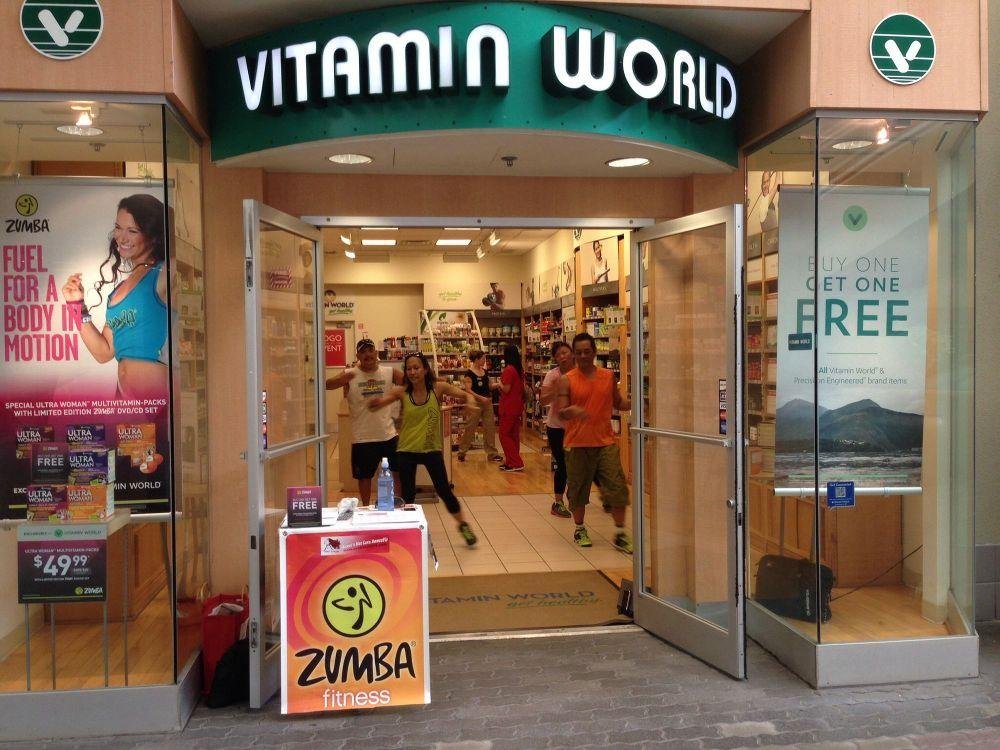
6. Local/Regional Supplement Chains (The Specialists)
Beyond the national giants, several powerful regional chains offer exceptional service, deep community roots, and expert knowledge. Here are two prime examples:
A. Supplement Superstores
The Bodybuilding Mecca
A legendary chain in the bodybuilding community, Supplement Superstores is the destination for hardcore enthusiasts and professional athletes, primarily in Southern California and Nevada.
- History & Overview: Founded by bodybuilding icon Chris Cormier and partners, this chain was built by athletes, for athletes. Their stores are massive warehouses filled with every conceivable supplement, often featuring live appearances by fitness celebrities.
- Turnover & Scale: A private company, financials are undisclosed. They have a focused presence with several large-format stores in key California and Nevada markets.
- Brands They Carry: They have the most comprehensive and hardcore selection anywhere. They carry every major brand (Ghost, Animal, Redcon1, Blackstone Labs, Mutant, etc.) and countless emerging and niche brands that other retailers don’t stock. They are often the first to get new product launches.
- Key Differentiator: Unparalleled selection and authentic, expert staff who are often competitive bodybuilders themselves. The environment is designed for the serious lifter.
B. Max Muscle Sports Nutrition
The Franchise Model with a Personal Touch
Max Muscle operates on a franchise model, allowing individual store owners to deeply integrate into their local communities. They emphasize personalized nutrition plans and coaching.
- History & Overview: Founded in 1991, Max Muscle has grown to over 100 franchise locations across the country. Their model combines retail with personalized service, offering body composition testing and custom nutrition plans.
- Turnover & Scale: As a franchisor, their revenue comes from franchise fees and wholesale product sales to franchisees. The collective network does significant volume, estimated in the tens of millions.
- Brands They Carry:
- Proprietary Brands: The Max Muscle line is their primary focus, developed with their “Max R&D” team. This includes proteins, pre-workouts, fat burners, and vitamins.
- Third-Party Brands: They also carry a curated selection of top national brands to provide customers with choice.
- Key Differentiator: The personalized coaching aspect. Customers often go for a “Max Fit Camp” consultation, making it more than a store—it’s a personalized nutrition resource.
Related Products
-
Alani Nu Whey Protein Fruity Cereal
$44.99 -
Alpha Lion Mass Monster Stack
Original price was: $268.41.$169.99Current price is: $169.99. -
Ancient Nutrition Multi Collagen Protein
$45.01
7. Pharmaca Integrative Pharmacy
The Blending of Conventional and Complementary Medicine
Pharmaca offers a truly unique model: a full-service pharmacy staffed by licensed pharmacists alongside a curated selection of supplements, natural beauty products, and wellness experts.
- History & Overview: Founded in 2000 in Boulder, Colorado, Pharmaca’s mission was to bridge the gap between traditional pharmacy and integrative medicine. It was acquired by McKesson Corporation in 2021, expanding its potential reach.
- Turnover & Scale: Private, with undisclosed financials. They operate over 20 stores in key markets like California, Colorado, Oregon, New Mexico, and Washington.
- Brands They Carry: The selection is premium and practitioner-grade.
- They focus on top-tier brands like Pure Encapsulations, Metagenics, Ortho Molecular Products, Integrative Therapeutics, and Wellements. You won’t find many mass-market bodybuilding brands here.
- Key Differentiator: The ability to consult with a pharmacist or naturopathic doctor on staff about potential drug-nutrient interactions and to get professional-grade recommendations. It’s a clinical, trusted environment.
8. The Fresh Market
The Upscale, Curated Grocery Experience
Similar to Whole Foods but with a distinct, smaller-format, upscale feel, The Fresh Market offers a well-edited selection of high-quality supplements alongside gourmet foods.
- History & Overview: Founded in 1982 in Greensboro, North Carolina, The Fresh Market focuses on a European-style market experience with a emphasis on customer service and high-end products.
- Turnover & Scale: A public company that was taken private in 2016 by Apollo Global Management. It operates 159 stores in 22 states, primarily in the Southeast and Midwest.
- Brands They Carry: Their selection is limited but high-quality, focusing on natural and lifestyle brands like Vital Proteins, HUM Nutrition, Olly, and a selection of their own private-label vitamins.
- Key Differentiator: A less overwhelming, more curated shopping experience for gym supplements in US. It’s for the shopper who wants a trusted brand in a pleasant environment without hundreds of options to sift through.
9. CVS Pharmacy & Walgreens
The Mass-Accessibility Giants
No list of physical retailers is complete without acknowledging the sheer scale and convenience of drugstore chains like CVS and Walgreens. Their supplement aisles are among the most shopped in the country due to pure convenience.
- History & Overview: These are historic American pharmacy chains with thousands of locations, often open 24 hours. They have massively expanded their wellness and vitamin sections over the past two decades.
- Turnover & Scale:
- CVS Health: Revenue of $357 billion in 2023 (includes health insurance and pharmacy services). Over 9,000 retail locations.
- Walgreens (WBA): Revenue of $139 billion in 2023. Over 8,500 locations in the US.
- Brands They Carry:
- Extensive Private Label: Both have powerful store brands (CVS Health and Walgreens Brand) that cover the vast majority of basic supplement needs.
- National Brands: They carry a wide array of national brands like Nature Made, Nature’s Bounty, Bayer, Quest Nutrition, and Alani Nu. The selection is geared toward general wellness rather than specialized sports nutrition.
- Key Differentiator: Ubiquity and convenience. They are everywhere and often open late. Their loyalty programs (ExtraCare at CVS, myWalgreens) offer deep discounts and rewards, making supplements very affordable.
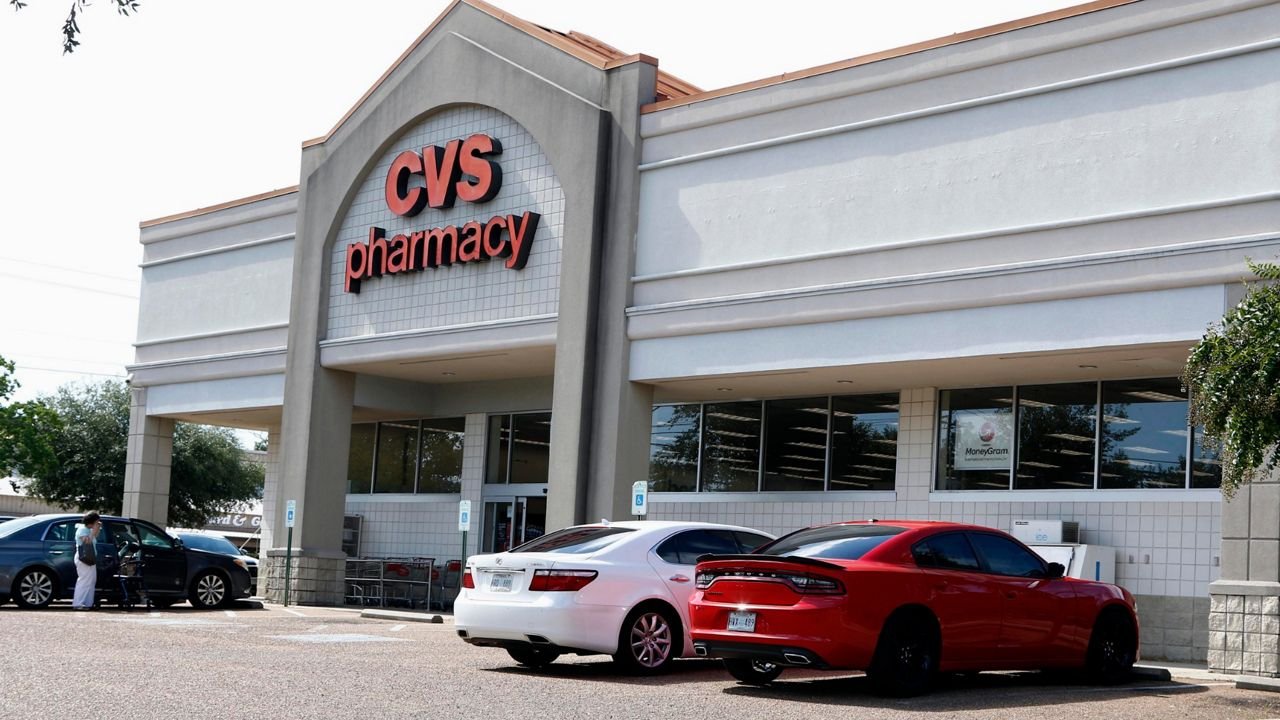
The Hidden Financial Architecture: How Store Brands Fuel the Retail Giants
Beyond the shelves of national brands lies the true economic engine of these retailers: their proprietary product lines. For chains like GNC, The Vitamin Shoppe, and CVS, store-brand supplements are not just an additional offering—they are a critical margin fortress and a tool for customer lock-in. These products, developed through white-label manufacturers with retailer-specific formulations, typically deliver profit margins 2-3 times higher than third-party brands. This financial model allows retailers to invest in staff training, expansive real estate, and membership programs. For the consumer, this creates a strategic paradox: while store brands often provide exceptional value and quality matching their national counterparts, their exclusivity also subtly discourages price comparison across retailers. Understanding this dynamic empowers you to recognize when a “Gold Standard” store-brand protein represents a smart value versus when investing in a specialized third-party formulation is worth the premium.
The Experience Spectrum: From Transactional to Transformational Retail
Physical supplement stores operate across a broad spectrum of customer engagement, which directly correlates to their value proposition. On one end, mass retailers like CVS and Walgreens offer transactional efficiency—supplements are commoditized, self-service items in an aisle, purchased alongside groceries and prescriptions. In the middle, specialists like GNC and The Vitamin Shoppe provide consultative curation, where staff (with varying expertise) help navigate a vast selection toward a specific goal. At the premium end, destinations like Pharmaca and Max Muscle deliver transformational guidance, integrating supplements into a larger wellness protocol, complete with body composition analysis or pharmacist consultations. This spectrum explains the price variance for identical products and highlights a key strategic question for shoppers: are you buying a known commodity, or investing in a selection service and expert validation that justifies a higher price point?
The Brick-and-Mortar Defense: Physical Stores as Trust Hubs in an Age of Digital Doubt
In a market flooded with online influencers, counterfeit products, and exaggerated claims, the physical store’s most potent asset is its role as a trust verifier. A storefront represents a fixed, accountable investment; a staff member provides a human interface for questions; and the ability to hold a container allows for immediate label scrutiny. This is particularly crucial for new or skeptical consumers overwhelmed by online information. Retailers like Whole Foods and The Vitamin Shoppe amplify this trust through their rigorous vetting processes and “banned substances” lists, offering a pre-filtered selection that reduces consumer risk. In essence, the modern supplement store has evolved from a mere distribution point to a credibility platform, offering the assurance of curation and accountability—a service for which a growing segment of consumers, concerned about purity and efficacy, are willing to pay a premium.
Conclusion: Choosing Your Supplement Destination
The ideal supplement store is not a one-size-fits-all proposition. Your choice depends on your specific needs:
- For the Hardcore Bodybuilder: Seek out Supplement Superstores or a well-stocked GNC.
- For the Overall Wellness Enthusiast: The Vitamin Shoppe and Sprouts offer the best blend of sports nutrition and lifestyle wellness.
- For the Quality-Purist: Whole Foods Market and Pharmaca offer the highest levels of quality control and professional-grade options.
- For Ultimate Convenience and Value: CVS and Walgreens are unbeatable for basics, especially when combined with their loyalty programs.
- For Personalized Advice: Max Muscle locations and the staff at Pharmaca provide consultation services that go beyond typical retail.
The physical supplement store, in all its forms, continues to thrive because it fulfills a fundamental human need: trusted guidance and immediate gratification on the path to better health. By understanding the strengths and histories of these retail powerhouses, you can make an informed decision and choose the partner that best supports your wellness journey.
